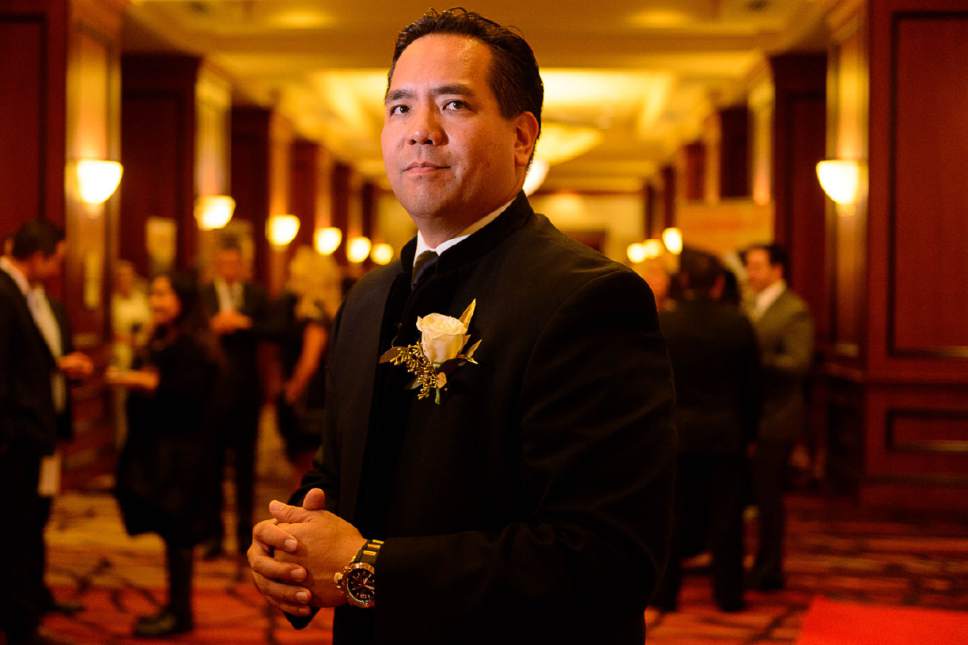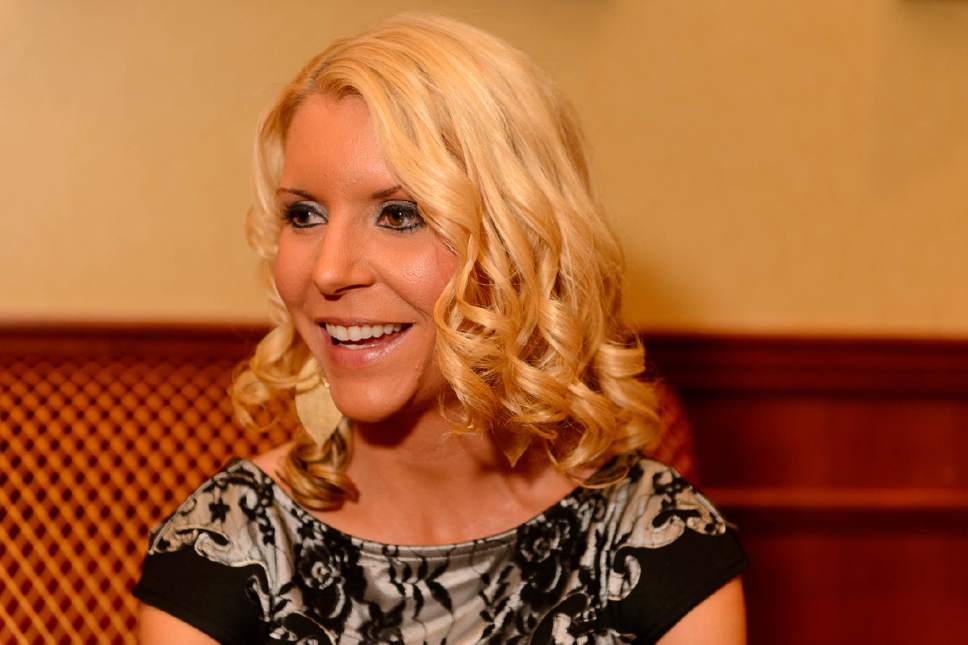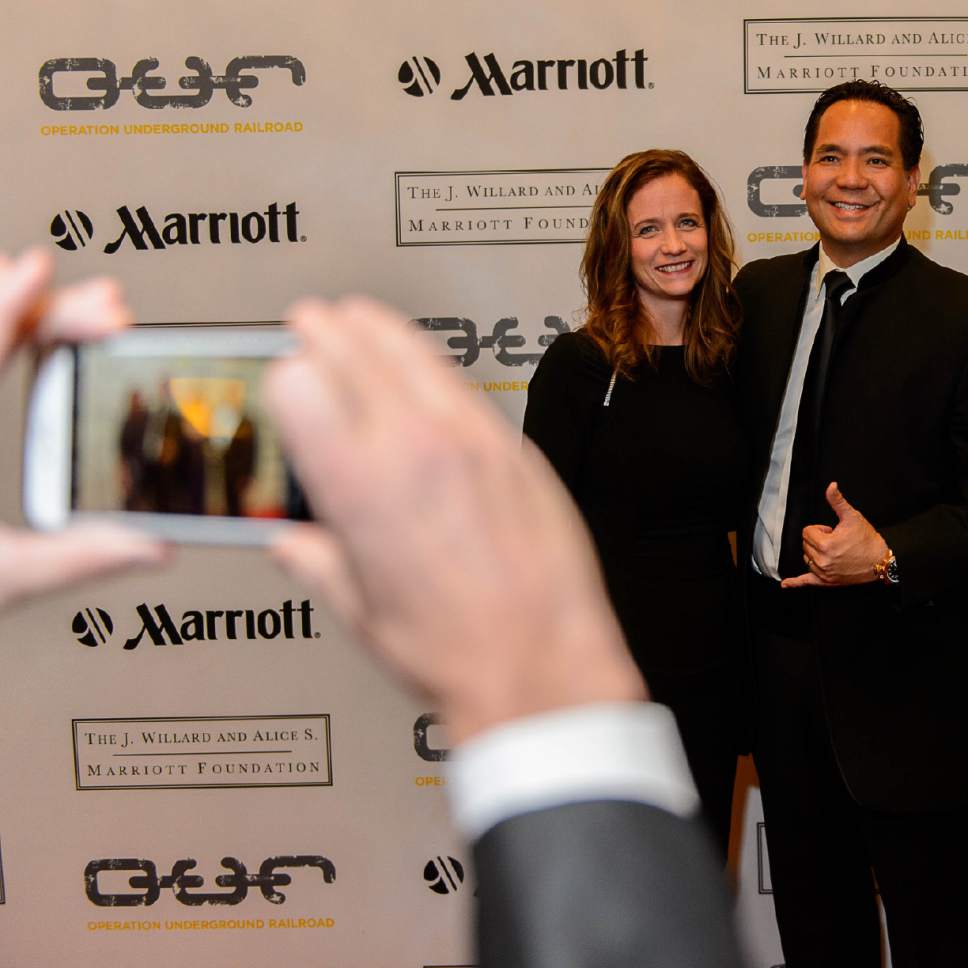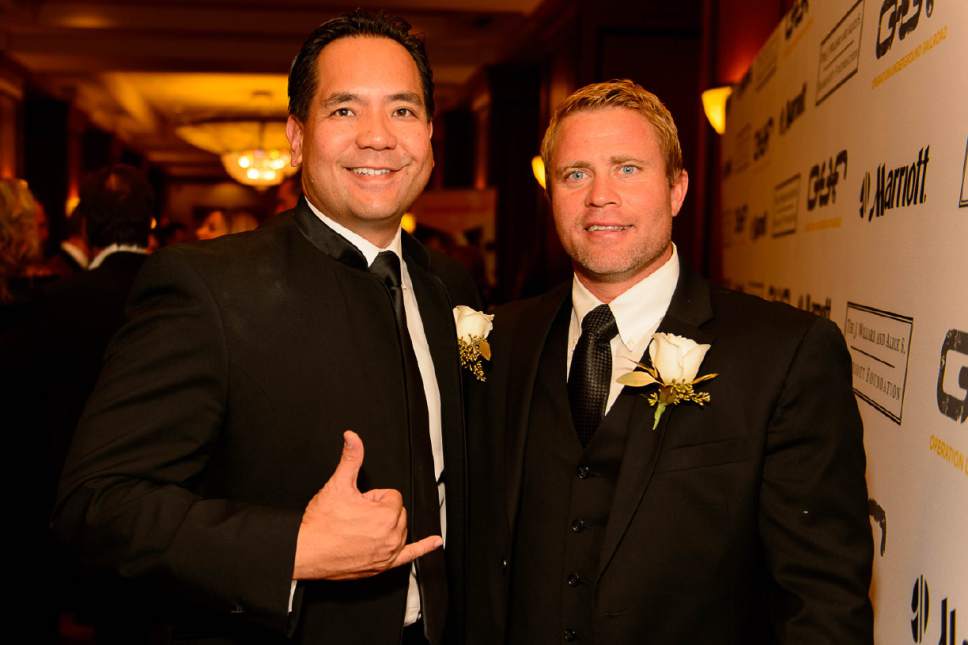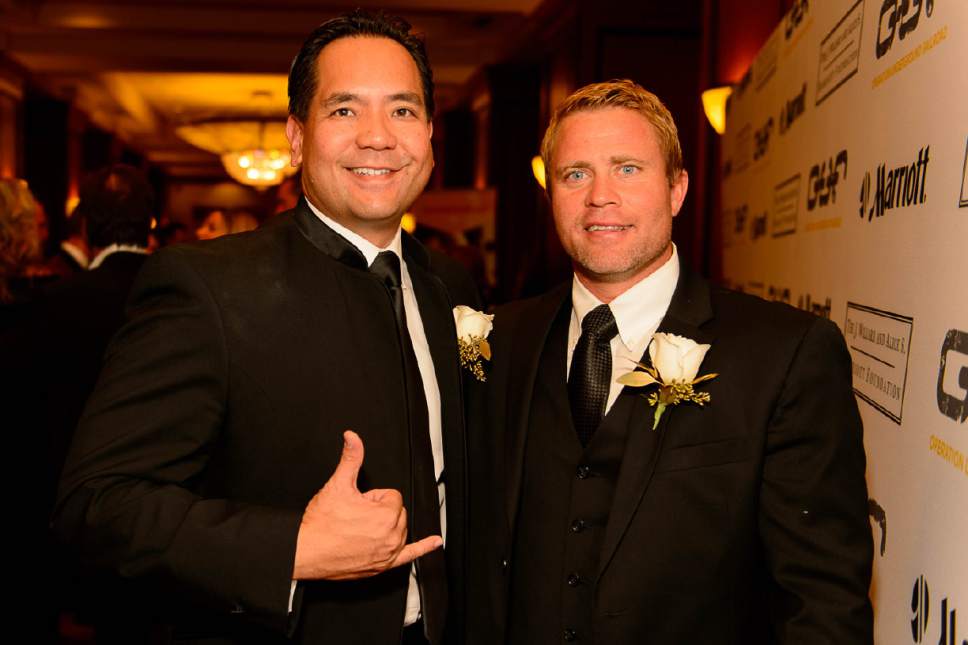This is an archived article that was published on sltrib.com in 2016, and information in the article may be outdated. It is provided only for personal research purposes and may not be reprinted.
After three years of helping victims of child trafficking around the world, Utah-based Operation Underground Railroad celebrated its victories and geared up for more missions at a fundraising gala Saturday night in Salt Lake City.
About 300 people attended the formal event at the Marriott Center, including Utah Attorney General Sean Reyes and the organization's founder and CEO Tim Ballard.
Ballard spent 12 years as an undercover agent working for the U.S. government on child trafficking cases. He was "astonished," he said, at how big a problem human trafficking is and saw a need for more private organizations to step up and work with governments to fight it.
Private organizations can "move in ways that governments can't," Ballard said, but all rescue missions done by OUR are in cooperation with governments.
OUR says it has rescued 549 victims and assisted in the arrests of more than 243 traffickers around the world. None were present at the gala.
The organization is also committed to taking care of survivors and following up with them "for the rest of their lives," says director of aftercare Jessica Mass.
In many cases with child trafficking, Mass said, it's not safe for children to return to their homes because some of their families are responsible for selling them into slavery in the first place.
Mass vets aftercare homes — which typically house 12 to 20 children and are run by social workers — before each mission to ensure they are good fits for the children who are rescued. OUR invests in the children it rescues, she said, and pays for their education and mental health treatment.
She is in the area when an operation takes place to be sure the transition is smooth for each child, and she follows up, visiting the survivors to be sure they're receiving proper care.
Mass has seen "beautiful transformations" in the lives of young people because of the what OUR has done, she said. One girl in Africa, who was rescued about 1 1/2 years ago at age 16, used to not even want to come out of her room in her aftercare home because of the trauma she'd experienced. OUR paid for this girl to attend therapy four times a week and for schooling, Mass said, and on Mass' most recent visit, the young woman, who is now 18 years old, ran out of the house to greet Mass when she arrived, more talkative and comfortable than before.
Mass also recently attend the 17th birthday party for a girl who was rescued at age 15. In the future, she hopes to attend weddings and baby showers for these girls.
Once a person is part of the OUR family, Mass said, "there's no such thing as aging out. You're family for life."
Mass also emphasized while being trafficked is part of each survivors' story, it doesn't define who they are.
Three main factors contribute to child trafficking, Mass said: lack of education, poverty and the breakdown of the family. OUR's programs are meant to combat those factors.
While OUR doesn't do sting operations in Utah, it coordinates with state agencies like the Internet Crimes Against Children Task Force to fight sex crimes against children locally, Reyes said.
Utah is a "center of excellence, known as a state that protects children," Ballard said, and people from around the world come to be trained to fight child trafficking. They also work with Utah nonprofit Fight the New Drug, to combat pornography that Ballard says encourages behaviors like child trafficking.
Reyes sees children around the world as "our children," he said, and plans on continuing to work with OUR as long as he's in office.
Twittet: @mnoblenews


